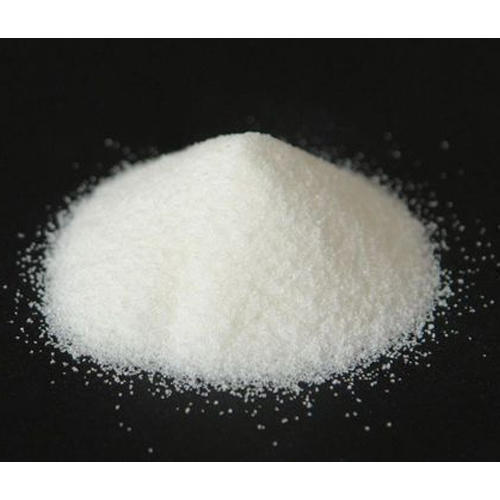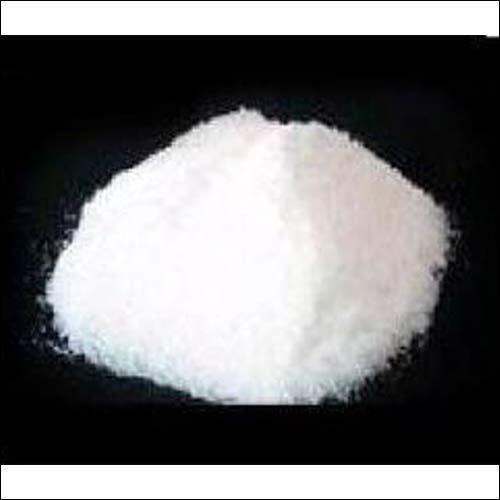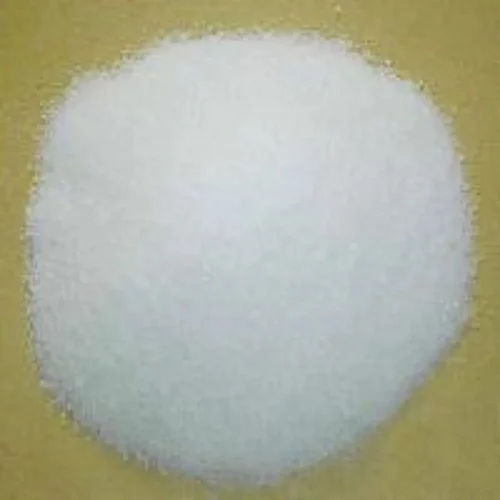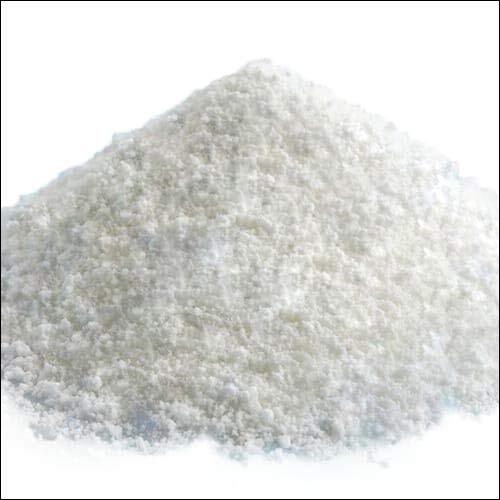Polyelectrolytes
Product Details:
- Form Liquid
- Solubility water soluble
- Ph Level 6-7Ph
- HS Code 39069090
- Melting Point 84 DEGREE
- Purity 100%
- Structural Formula (C3H5NO)n
- Click to View more
Polyelectrolytes Price And Quantity
- 1 Kilogram
- 150.0 INR/Kilograms
Polyelectrolytes Product Specifications
- POWDER
- Industrial Standard
- For cleaning waste water treatment plant
- Polyelectrolyte chemical, polyelectrolyte powder
- Dry Place
- Polyelectrolyte chemical
- (C3H5NO)n
- Other
- 9003058
- Nuclear Paper Oil Industry Industrial medicine Explosive Lubricants Metal Toothpastes Textile Industry Organic Synthesis Plastic Fertilizer Rubber Pharmaceutical Water Treatment Paints Printing Industry
- Inorganic Chemicals
- Other
- 39069090
- 84 DEGREE
- 100%
- Polyacrylamide
- (C3H5NO)n
- 200 Degree
- Liquid
- Industrial Grade
- water soluble
- 6-7Ph
Polyelectrolytes Trade Information
- GUJARAT AND MAHARASHTRA
- Cash in Advance (CID) Cheque
- 10000 Kilogram Per Day
- 2 Days
- Yes
- Free samples are available
- 25 KG Bag
- Asia Africa Australia Central America North America South America Eastern Europe Western Europe Middle East
- North India East India Gujarat Bihar Chandigarh Daman and Diu Goa Assam Delhi Himachal Pradesh Jammu and Kashmir All India South India Central India West India Karnataka Kerala Lakshadweep Mizoram Meghalaya Manipur Andhra Pradesh Jharkhand Odisha Punjab Dadra and Nagar Haveli Andaman and Nicobar Islands Arunachal Pradesh Chhattisgarh Haryana Madhya Pradesh Maharashtra Nagaland Rajasthan Sikkim Tamil Nadu Telangana Tripura Pondicherry Uttar Pradesh Uttarakhand West Bengal
- ISO 9001 : 2015 certified and Msme Certified.
Product Description
Polyelectrolytes
Polyelectrolytes are incredibly versatile molecules that can revolutionize various industries, from water treatment to cosmetics. Their unique ability to attract and retain water makes them perfect for applications like hydration, thickening, and stabilization. Plus, their ionic properties allow them to interact with other molecules in fascinating ways, enabling advanced technologies like drug delivery and gene therapy.
Here are Some FAQs about polyelectrolytes:
1. Q: What is a polyelectrolyte?
A: A polyelectrolyte is a type of polymer that contains repeating units with charged groups.
2. Q: What are the types of polyelectrolytes?
A: There are two main types: polycations (positively charged) and polyanions (negatively charged).
3. Q: What are polyelectrolytes used for?
A: They have various applications, including water treatment, cosmetics, pharmaceuticals, and food processing.
4. Q: How do polyelectrolytes work?
A: They interact with other molecules through electrostatic forces, allowing them to attract, repel, or bind to other substances.
5. Q: Are polyelectrolytes safe?
A: Generally, yes. However, their safety depends on the specific application, concentration, and type of polyelectrolyte.
6. Q: Can polyelectrolytes be biodegradable?
A: Yes, some polyelectrolytes are biodegradable, making them more environmentally friendly.
7. Q: How are polyelectrolytes synthesized?
A: They can be synthesized through various chemical reactions, such as polymerization or copolymerization.
8. Q: What is the difference between polyelectrolytes and electrolytes?
A: Polyelectrolytes are large molecules with charged groups, while electrolytes are small molecules that dissociate into ions in solution.
9. Q: Can polyelectrolytes be used in drug delivery?
A: Yes, polyelectrolytes can be used to create drug delivery systems that target specific cells or tissues.
10. Q: Are polyelectrolytes expensive?
A: The cost of polyelectrolytes varies depending on the type, quality, and application. Some polyelectrolytes can be relatively inexpensive, while others may be more costly.








